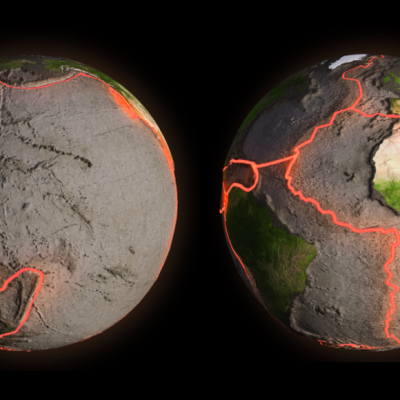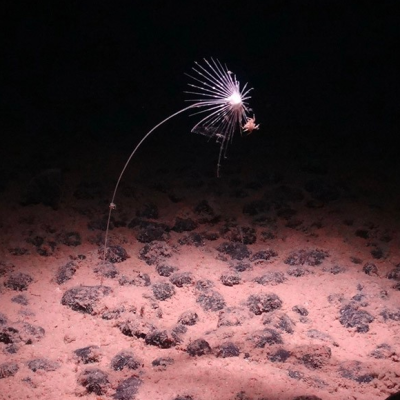A new study by the University of Algarve has found that marine heatwaves are becoming more frequent and intense in deeper waters, with potentially devastating consequences for marine life. The study, published in the journal Nature Climate Change, analysed global data from the EU Copernicus Marine Service from 1993 to 2019 to investigate temperature changes in waters up to 2,000 metres deep. The research found that marine heatwaves not only affect organisms in surface waters, but also in the deep sea. Interestingly, heatwaves in deeper waters have longer durations and higher intensities than those in surface waters.
Marine heatwaves are defined as periods during which water temperatures are higher than 90% of the measured temperatures over a period of at least five days. The high temperatures can cover areas of several million square kilometres and last for several weeks. The study found that the most intense heatwaves occur at depths of 50 to 200 metres, with lower intensities but longer durations in deeper waters. The researchers speculate that the decreasing mixing of water layers with increasing depth could be responsible for this. The study also identified several ecological risk areas in different depths and geographic zones, including extensive regions in the Indian Ocean and North Atlantic where particularly temperature-sensitive marine communities are exposed to intense heatwaves.
The consequences of these heatwaves could be drastic, with marine life potentially being forced to leave their habitats or even dying off. The study emphasises that marine heatwaves, whether in surface or deeper waters, can have significant impacts on biodiversity and ecological processes. A recent study by the National Oceanography Centre also found that the distribution of phytoplankton in the oceans is affected by these heatwaves. The researchers urge for more attention to be paid to the effects of marine heatwaves on deep-sea ecosystems, which have evolved to adapt to stable temperature conditions.










